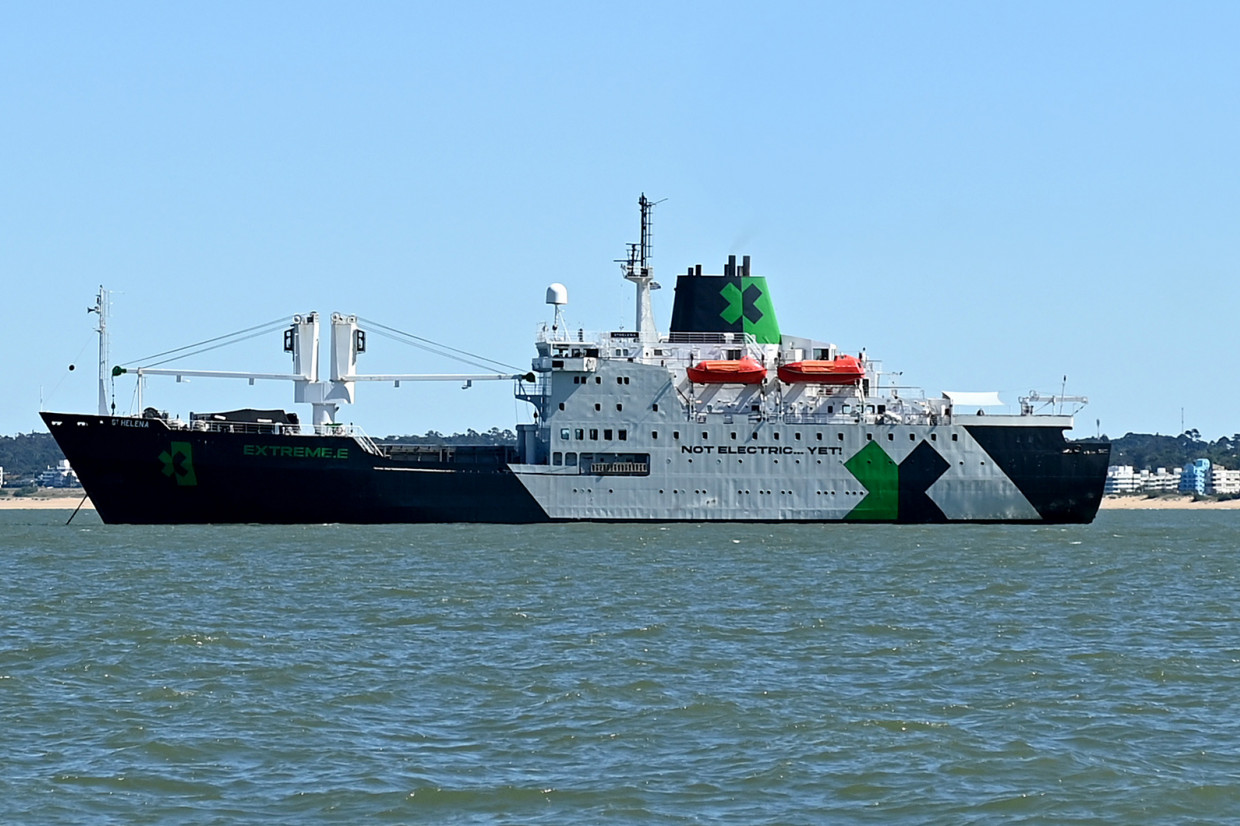
The Department for Transport has launched a £77 million competition to enable zero-emission ferries, cruise and cargo ships to take to UK waters within two years.
The new Zero Emission Vessels and Infrastructure (ZEVI) contest has been designed to encourage the development of green maritime powertrains and infrastructure, and the funding pot will be split between several projects.
Projects that can have a “long-term impact in reducing emissions” will be able to bid for a share of the funding – but must be able to show they can help launch a zero-emission vessel by 2025.
The latest e-mobility news in your inbox: get our FREE newsletter
The focus isn’t on a specific powertrain type but ‘green’ technology, including the likes of battery electric vessels those running on low-carbon fuels such as hydrogen or ammonia, ships powered by shoreside electrical power – and even wind-assisted ferries. Although we presume those will need to be a bit more advanced than a big sailboat.
As with planes, the sheer scale of many commercial ferries, cruise and cargo ships makes reaching net zero a huge challenge, given the size of batteries that would be required to give such craft sufficient range. For example, the Extreme E off-road championship uses a cargo ship to carry freight to each event (pictured above), but is still working on technology to replace the diesel engines.
Transport Secretary Mark Harper said: “When it comes to tackling climate change, we are taking action on all transport modes, which is why we’re making sure our world-leading maritime sector has a greener future.
“This multi-million-pound investment will help the latest tech ideas become reality and ensure UK waters will play host to green cargo ships, ferries and cruises in the next few years.”
The ZEVI contest will be overseen by Innovate UK, a body established by the government to help boost the development of new technology. The government has previously invested similar funding in electric car and zero-emission plane technology.
The government has also made £7.4 million available for the creation of a new Clean Maritime Research Hub, which it wants governments to team up on. It will be focused on researching “the fundamental science” behind new maritime technology, and helping to develop skills across the industry. The hub will also receive funding from the Engineering and Physical Sciences Research Council, which is part of UK Research and Innovation.
READ MORE
Subscribe to the Move Electric newsletter
e-CARS
Ten electric cars we're excited for in 2023
Getting an EV sideways: how easy is it to drift a Kia EV6 GT?
Q&A: Jaguar Racing's Sam Bird and Mitch Evans on Formula E's new era
e-BIKES
Ten electric bikes we're excited for in 2023
Can you get fit using an electric bike?
e-MOTORBIKES
Ten electric motorbikes we're excited for in 2023
Super Soco TC Max electric motorbike review
Cake and Polestar team up for new special edition Makka e-motorbike
e-SCOOTERS
Planned laws to legalise private e-scooters face delay
Five key takeaways from the rental e-scooter trials report
Which train firms have banned e-scooters from their services?
e-WORLD
Move Electric's best features of 2022: lap records, tuk-tuks… and sausage rolls
Volvo Trucks keeps on electric trucking with three new models
